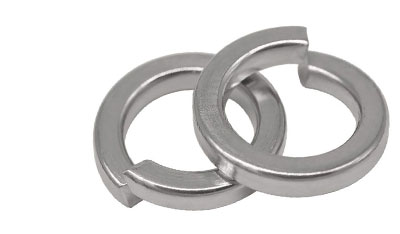best screw for drywall factories
The Best Screw Types for Drywall Factories A Comprehensive Guide
When it comes to drywall installation, the choice of screws plays a crucial role in ensuring that the finished product is both durable and secure. With the growing number of drywall factories, it is essential to understand the best types of screws available for this application. This article delves into the various types of screws optimal for drywall, their features, and the factors involved in selecting the right screw for factory production.
Types of Screws for Drywall
1. Self-Drilling Screws These screws are designed with a sharp tip that allows them to penetrate drywall without the need for pre-drilling. Self-drilling screws save time and labor costs, making them a popular choice for factory settings. They also create a tighter seal, which minimizes the risk of the drywall weakening over time.
2. Coarse Thread Screws Coarse thread screws are ideal for soft materials like drywall. The larger thread allows for easier penetration and a firmer grip in the board. This type of screw is recommended for attaching drywall to wood studs, where maximum hold is necessary.
3. Fine Thread Screws Unlike coarse thread screws, fine thread screws are preferable when attaching drywall to metal studs. Their tighter threads engage better with the metal, ensuring stability and reducing the chances of stripping the screw head. Fine threads also provide a neater finish, which can be beneficial in visible areas.
4. Drywall Screws Specifically designed for drywall applications, these screws feature a bugle head that allows for a flush finish. This type of screw is designed to minimize damage to the drywall and comes in both coarse and fine thread options depending on the underlying support material.
5. Specialty Screws Some projects may require specialty screws, such as those with a corrosion-resistant coating for humid environments. Using the appropriate specialty screw can prevent rust and failure in environments where moisture is prevalent.
Material and Coating Considerations
Choosing the right material for drywall screws is essential in ensuring durability
. Most drywall screws are made from steel; however, the type of steel can vary- Black Phosphate Coated Screws These screws provide an added layer of protection against rust and corrosion. They are particularly useful in damp environments. - Galvanized Screws Galvanized screws have a zinc coating that further enhances their resistance to corrosion, making them suitable for outdoor applications where exposure to the elements is a concern.
best screw for drywall factories

- Stainless Steel Screws While more expensive, stainless steel screws offer supreme resistance to rust. They are ideal for high-humidity areas and environments where longevity is vital.
Factors to Consider in Screw Selection
Several factors should guide the selection of screws for drywall factories
1. Thickness of Drywall The thickness of the drywall being used will influence the length of the screws needed. Typically, 1-1/4” screws are suitable for 1/2 drywall, while thicker panels may require longer screws.
2. Type of Stud The material of the underlying support structure—wood or metal—will dictate whether coarse or fine thread screws should be used.
3. Load and Stress Factors If the drywall is going to support heavier loads, it is necessary to choose screws that can withstand stress without failing.
4. Environment Consideration of the environment in which the drywall will be installed is crucial. Use moisture-resistant screws in humid environments to ensure long-term performance.
5. Cost Efficiency Finally, when operating in a factory setting, cost efficiency is key. Bulk purchasing of screws can often lead to savings, but it is essential to balance cost with quality to avoid future repair issues.
Conclusion
In conclusion, selecting the best screws for drywall factories requires careful consideration of type, material, and intended use. Self-drilling, coarse thread, and fine thread screws all have their unique benefits depending on the installation process and underlying support structure. Additionally, attention to materials and coatings will enhance the longevity of the installation. By understanding these elements, drywall factories can ensure the quality and durability of their products while optimizing production efficiency.
-
Top Choices for Plasterboard FixingNewsDec.26,2024
-
The Versatility of Specialty WashersNewsDec.26,2024
-
Secure Your ProjectsNewsDec.26,2024
-
Essential Screws for Chipboard Flooring ProjectsNewsDec.26,2024
-
Choosing the Right Drywall ScrewsNewsDec.26,2024
-
Black Phosphate Screws for Superior PerformanceNewsDec.26,2024
-
The Versatile Choice of Nylon Flat Washers for Your NeedsNewsDec.18,2024










